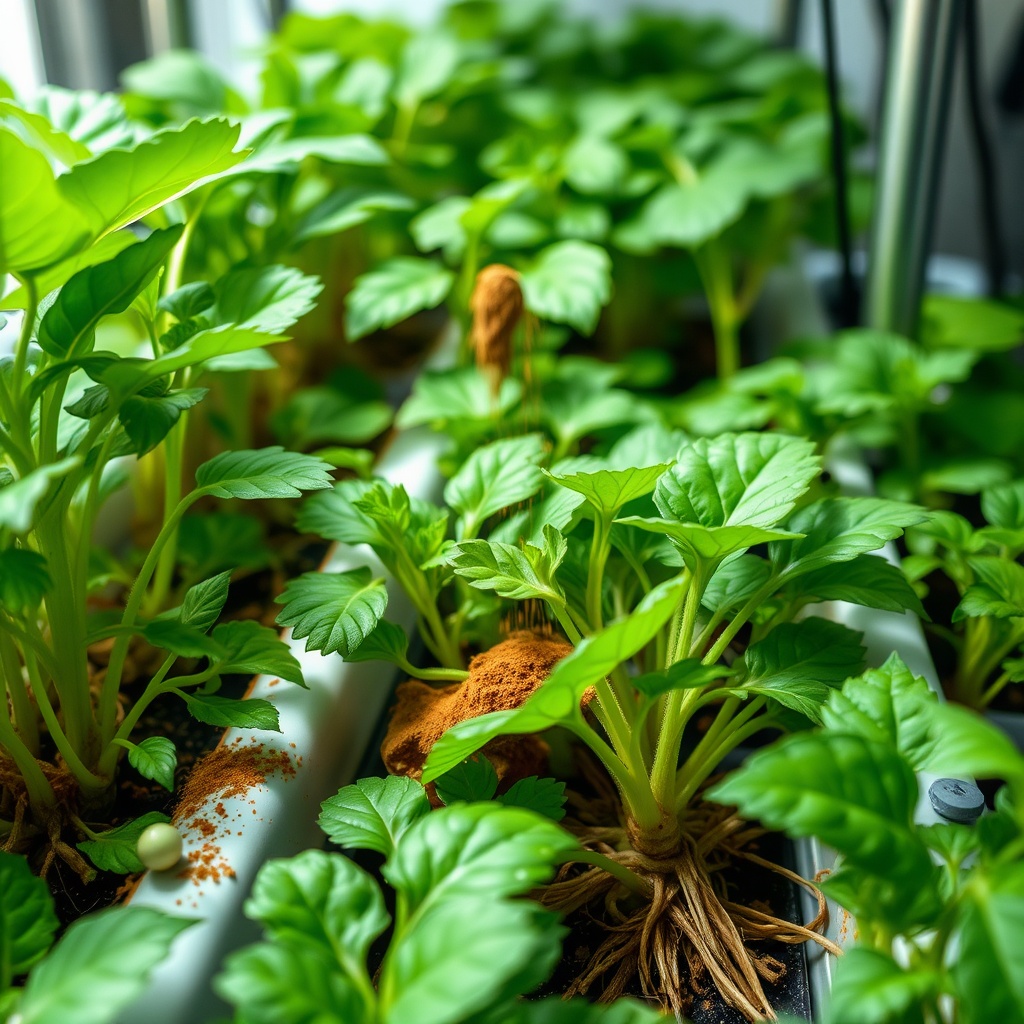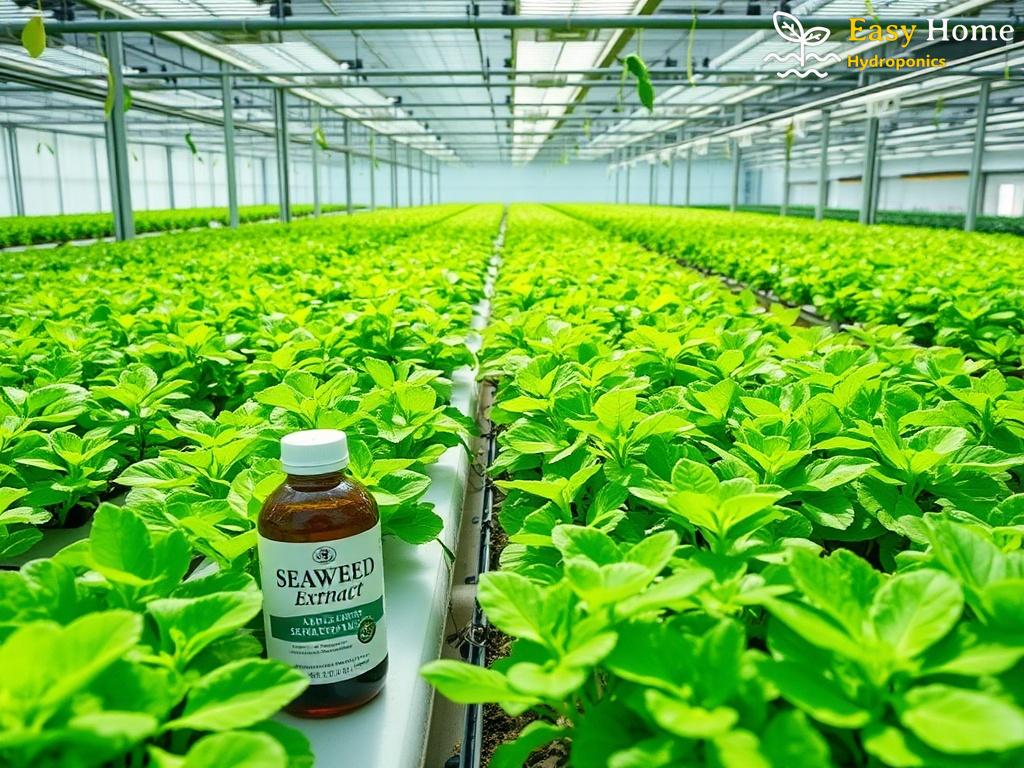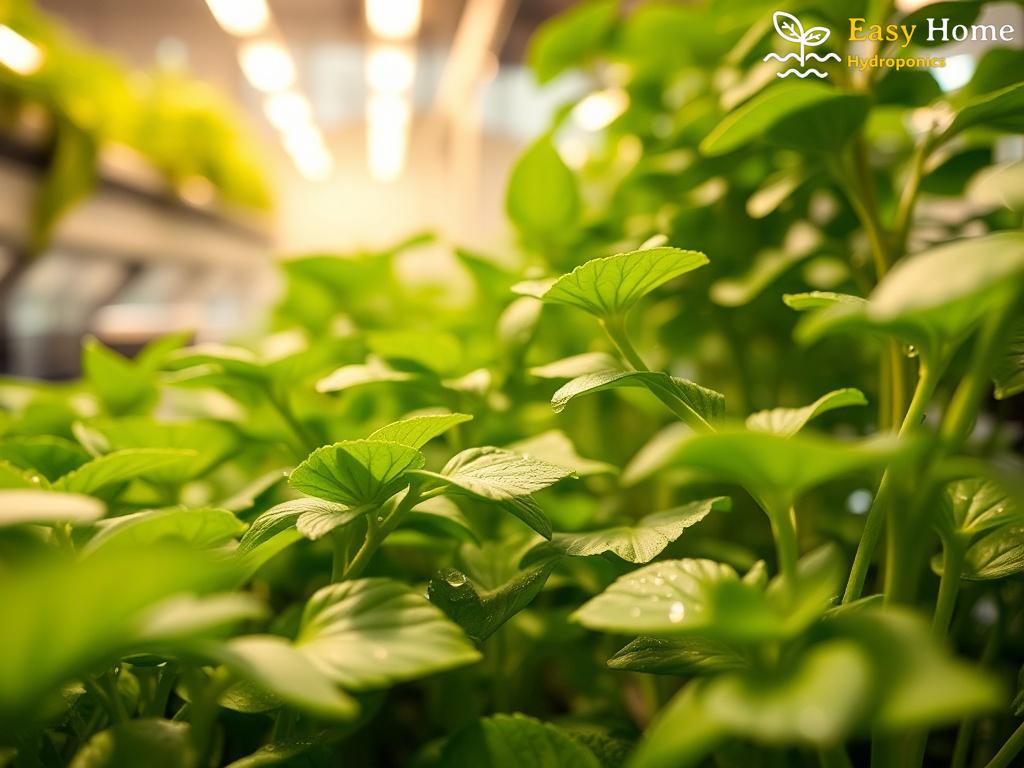The Rise of Hydroponics and the Need for Natural Solutions
Hydroponic systems have revolutionized agriculture, allowing for soil-less cultivation of plants in controlled environments. However, the absence of soil can lead to unique challenges, particularly with fungal diseases that threaten plant health. Farmers and growers are increasingly seeking natural solutions to combat these issues effectively and sustainably. One such solution that has gained attention is cinnamon, a common household spice known for its numerous health benefits and potent antifungal properties.
Cinnamon’s Antifungal Properties: A Natural Wonder
Cinnamon, derived from the bark of the Cinnamomum tree, has been used for centuries in traditional medicine. Its efficacy as a natural fungicide stems from its active components, primarily cinnamaldehyde and eugenol, which inhibit fungal growth by disrupting their cellular functions. This makes cinnamon not only a safe alternative to synthetic fungicides but also an appealing option for hydroponic farmers looking to maintain organic practices.
Recent studies have demonstrated that applying cinnamon extract in hydroponic systems can significantly reduce the incidence of fungal infections. By creating an environment hostile to fungi, cinnamon helps to protect delicate roots and leaves, promoting healthier and more resilient plants. This natural fungicide can be easily integrated into existing hydroponic setups, providing an eco-friendly approach to pest management.
Comparative Advantages of Using Cinnamon in Hydroponics
When considering fungicide options for hydroponic systems, the benefits of cinnamon stand out. Below is a comparison of cinnamon against conventional fungicides:
- Safety: Cinnamon is non-toxic and poses no risk to human health or the environment.
- Cost-Effectiveness: Easily accessible and affordable, cinnamon is a budget-friendly alternative to commercial fungicides.
- Multi-Purpose Use: Beyond fungicidal properties, cinnamon also acts as an antibacterial agent, providing dual protection for plants.
- Organic Compliance: Ideal for organic farming, cinnamon allows growers to adhere to organic standards without compromising efficacy.
- Ease of Application: Cinnamon can be easily prepared as a tea or extract and integrated into hydroponic systems.
In summary, cinnamon not only serves as an effective natural fungicide but also aligns with the principles of sustainable agriculture, making it a valuable addition to hydroponic practices. As more growers turn to holistic methods for pest management, embracing natural solutions like cinnamon could pave the way for healthier crops and more resilient farming systems.




